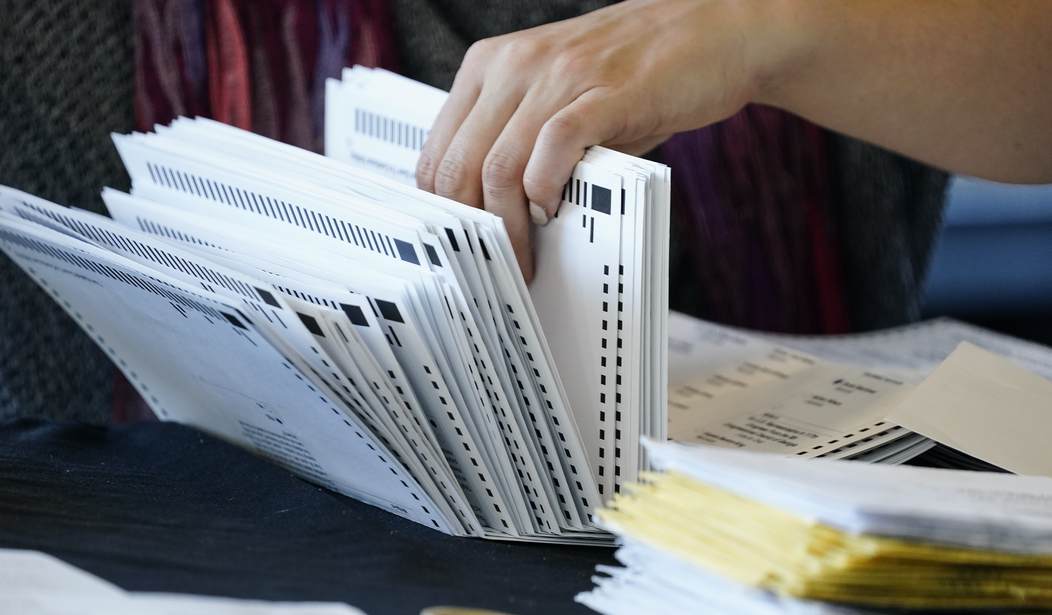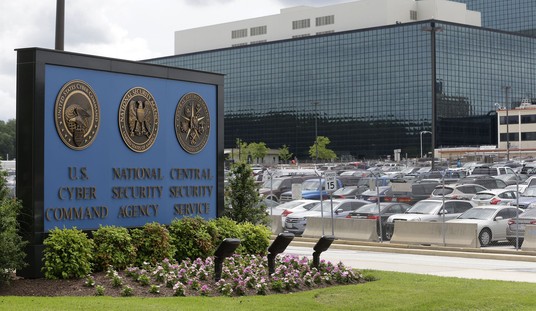Editor's Note: This piece was co-authored by Stefani Buhajla.
When it comes to ensuring fair, honest elections, Americans share the same goals–protecting historically marginalized voters, ensuring all voices are heard, improving transparency and accountability, and restoring trust in our democracy. Yet, after every election we typically see one side of the political aisle calling foul and demanding greater accountability in the election process.
As states work to safeguard elections, the gap between the Left and the Right widens as the wedge is driven deeper by special interest groups and media outlets that benefit from bitter partisan bickering. Worse, they hyperbolically attack commonsense election reforms while stoking the fire with unfounded accusations of racism–and voters have had enough.
A survey conducted by Opportunity Solutions Project reveals that a solid majority of Republican and Democrat voters favor allowing states to continue controlling their elections. Voters do not support a new bill introduced in Washington, D.C.—H.R. 1—which would federalize the election process and strip away individual state authority in the election system.
The challenge with restoring voter confidence in our election process is complicated, but not impossible to solve. Engaging eligible voters and maintaining voter registration rolls in compliance with the National Voter Registration Act of 1993 (NVRA) is a good first step to flagging simple errors in voter registration.
This is an essential measure for lower-income voters who tend to move often and need to know where their new polling place is located. Standardizing processes and frequently checking registration records will ensure all voters have an opportunity to correct problems with their registrations in plenty of time before an election.
Improving transparency, moreover, can help reassure voters of their state’s election integrity. An overwhelming majority of Americans want to seelive-streaming technologyused on Election Day so everyone can watch ballot counting. This proposal is hardly a new idea as theU.S. House and Senate have been live-streamingtheir voting activities since 1979.
Recommended
And the same standard of requiring proper identification for registering to vote and voting in person must be applied to absentee, mail-in voting. Absentee ballots should include simple identifying information to help prevent someone other than the registered voter from casting a mailed ballot. For those who cannot afford a government-issued ID, states can make them free and easily obtainable—just like Georgia has done.
Just as registration and vote-by-mail should be secure, votes should also be processed expeditiously. Election Day is not called election week for a reason. It is vital to the stability of our fragile democracy that ballots are tabulated quickly so that all Americans can prepare for transition. As we saw in November, it takes significant time to process ballots, and not every state processes ballots on the same timeline. Delays in counting last November raised doubts about the integrity of the process in the minds of voters across the nation.
As counts are drug out, voters begin to ask more questions and become more suspicious. Giving states the flexibility to open and validate—not count—mail-in ballots at least seven days before an election would help states count votes swiftly once the polls close.
To further protect voters, and their votes, election engineering must be stamped out. As part of an effort to influence election outcomes in 2020, Facebook CEO Mark Zuckerberg funneled $350 million through the progressive-leaning Center for Tech and Civic Life (CTCL) and an additional $69.5 million through the Center for Election Innovation and Research (CEIR) into election offices across the nation. This targeted private funding played a significant role in the results.
CTCL sent Georgia county election offices alone more than $45 million in “grants” for the general ($31 million) and runoff ($14 million) elections that were supposedly doled out as a “COVID-19 response” program. However, public records reveal that only 1.1 percent of general election grants were spent on personal protective equipment (PPE). Instead, most “Zuckerbucks” recipients used the funds for expenditures such as salaries and other perks.
More shockingly, most of the grants in Georgia went to counties with less racial diversity and higher median household incomes, potentially drowning out the voices of minority voters living in low-income areas—and Georgia isn't alone. In Wisconsin, there are calls for local officials to resign after the state began investigating their Zuckerberg expenditures. All states should follow Arizona Governor Ducey's lead by banning third parties from betraying voters’ trust by bankrolling the conduct of election officials behind the scenes, just as he did earlier this month.
These commonsense reforms, coupled with frequent audits and secure monitoring of ballot drop-boxes, will produce tangible results that make it easy to vote and hard to cheat.
Preserving and strengthening America's democratic system of choosing our leaders is clearly an issue that should rise above partisan politics. It’s time we work together to ensure elections are honest, open to all eligible voters, and fully transparent.
Stefani Buhajla is communications director and Hayden Dublois is a senior research analyst at the Foundation for Government Accountability.

























Join the conversation as a VIP Member